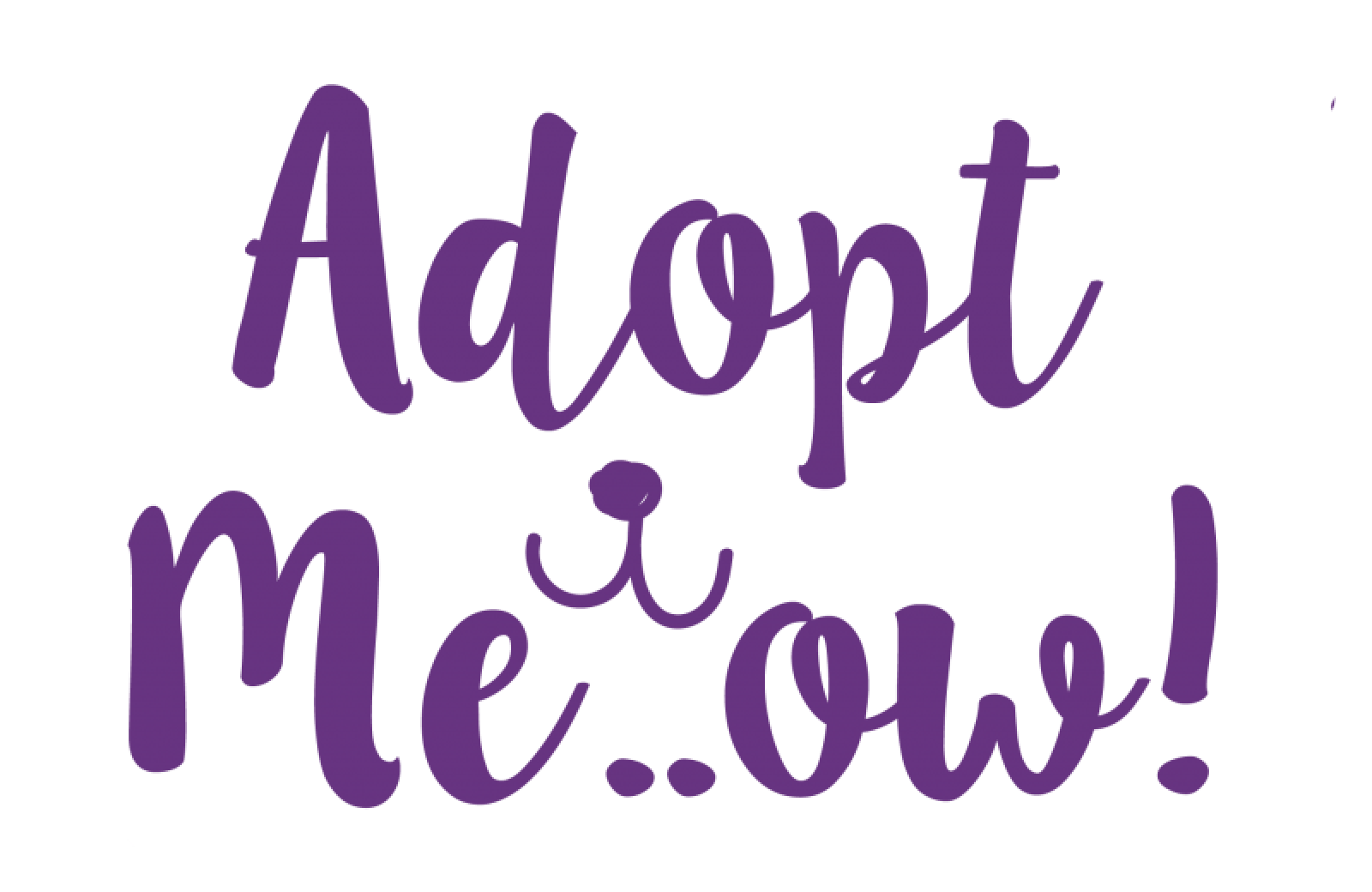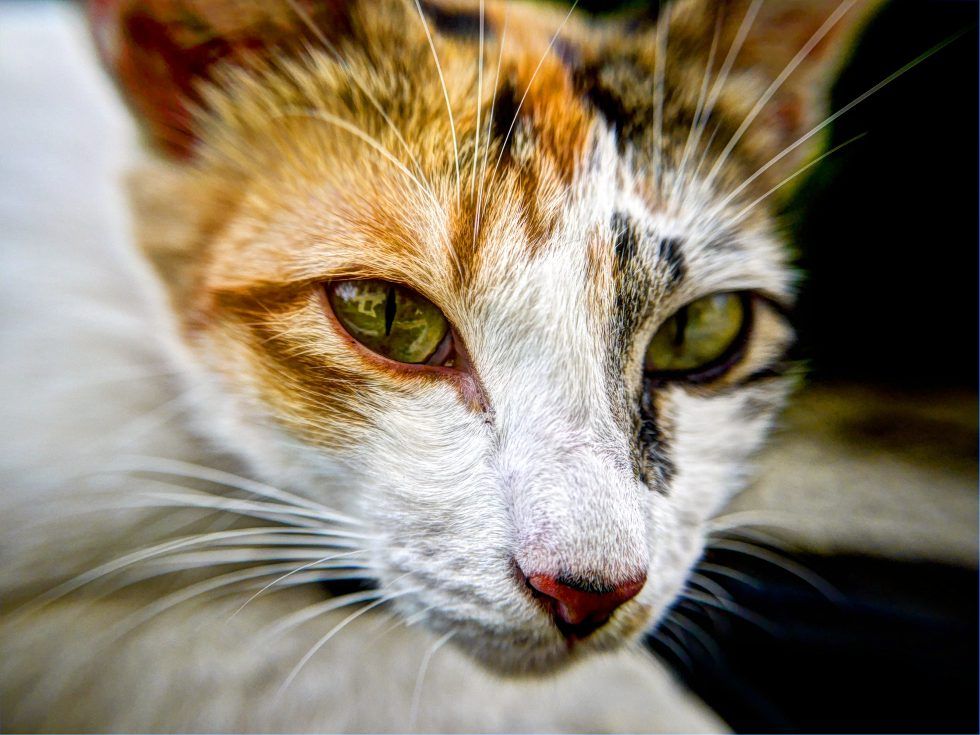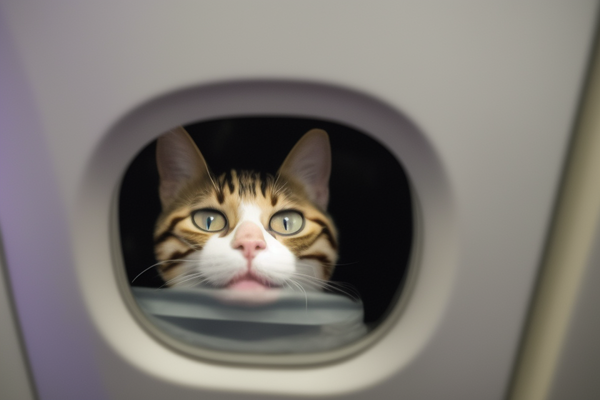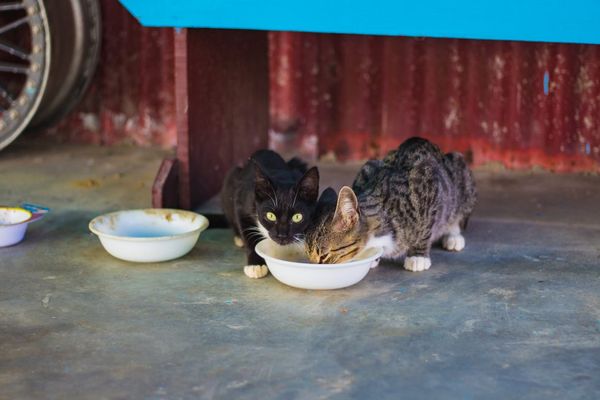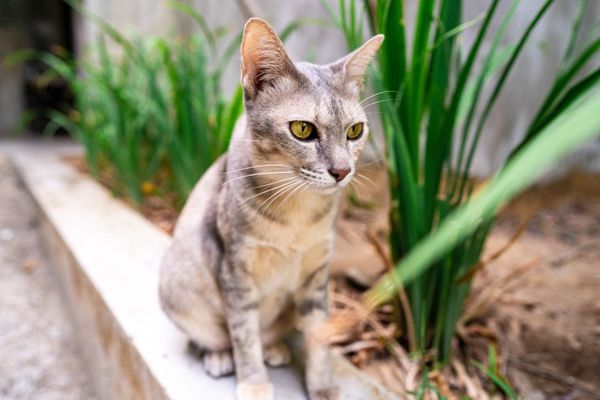Feline Panleukopenia Virus
Feline Panleukopenia Virus (FPLV) is a dangerous and highly contagious viral disease in cats – also known as feline distemper.
Feline parvovirus infection is the greatest major threat to any rescue facility because it’s highly contagious, and able to survive for very long periods of time in the environment while being resistant to many disinfectants. It also causes a high mortality rate, particularly in kittens.
It is sometimes referred to as panleukopenia virus because one of the results of infection is the development of a low white blood cell count (which is what panleucopenia means).
Causes of infection
Feline parvovirus is spread by direct faecal-oral contact, or from contamination of the environment or objects (eg, on food dishes, grooming equipment, bedding, floors or humans). Cats infected with FPV can continue to excrete the virus for at least six weeks following infection, and the virus can also be transmitted by dogs.
Symptoms
- Vomiting and diarrhoea (sometimes with blood)
- Weight loss
- Fever
- Rough coat
- Depression
In kittens and in adult cats the virus causes severe gastroenteritis, following an incubation period of 5-9 days. Sometimes the onset of symptoms appear rapidly and can cause death. The virus causes white blood cells to deplete.
Pregnant cats infected with parvovirus can pass it to their unborn kittens where it can interfere with their development. Kittens with an infected mother may be born with cerebellar hypoplasia which can be detected if they show symptoms of severe lack of coordination and movement.
Treatment
No specific treatment is available for FPV infection – the most important factor to consider is that infected cats or kittens must be treated in isolation and carers must wear protective clothing and take great care to wash hands thoroughly before handling other kittens.
Support with intravenous fluids and broad spectrum antibiotics is the usual method of supportive care. In some cases a blood transfusion will be carried out. Even with aggressive therapy, a large number of cats won’t survive due to severe dehydration and secondary infection. Good veterinary and nursing care is vital to help cats, especially young kittens, recover from the disease. Interferon products to mimic the bodies antiviral effect might be of some help in some cases.
Prevention
As with most highly-infectious diseases in cats, it is better to prevent feline parvovirus than it is to treat diseases caused by it.
Unfortunately, since Thailand has a high population of feral cats, and because vaccinating pets doesn’t always take place, we do sometimes see Feline Panleukopenia Virus outbreaks here in Chiang Mai.
The most important prevention method is to vaccinate cats, including indoor-only cats. Highly effective vaccines are already available to prevent the spread of FPLV.
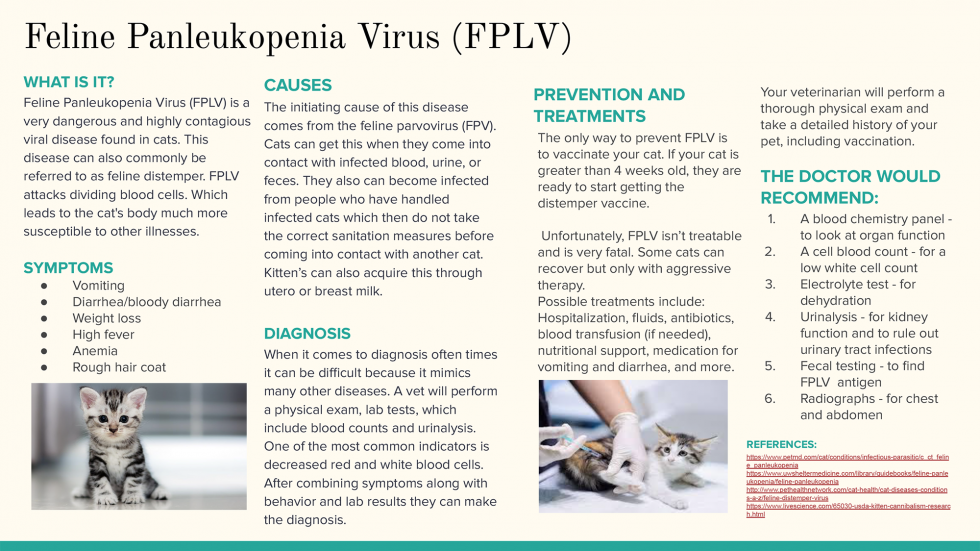
We hope you have found our articles useful. All of our education and advice is available for free, wherever you are in the world.
As a charity we rely on donations to allow us to continue helping cats in our local community, and to keep updating this site with useful information.
Any donation to support our work at Adopt Meow is greatly appreciated.
